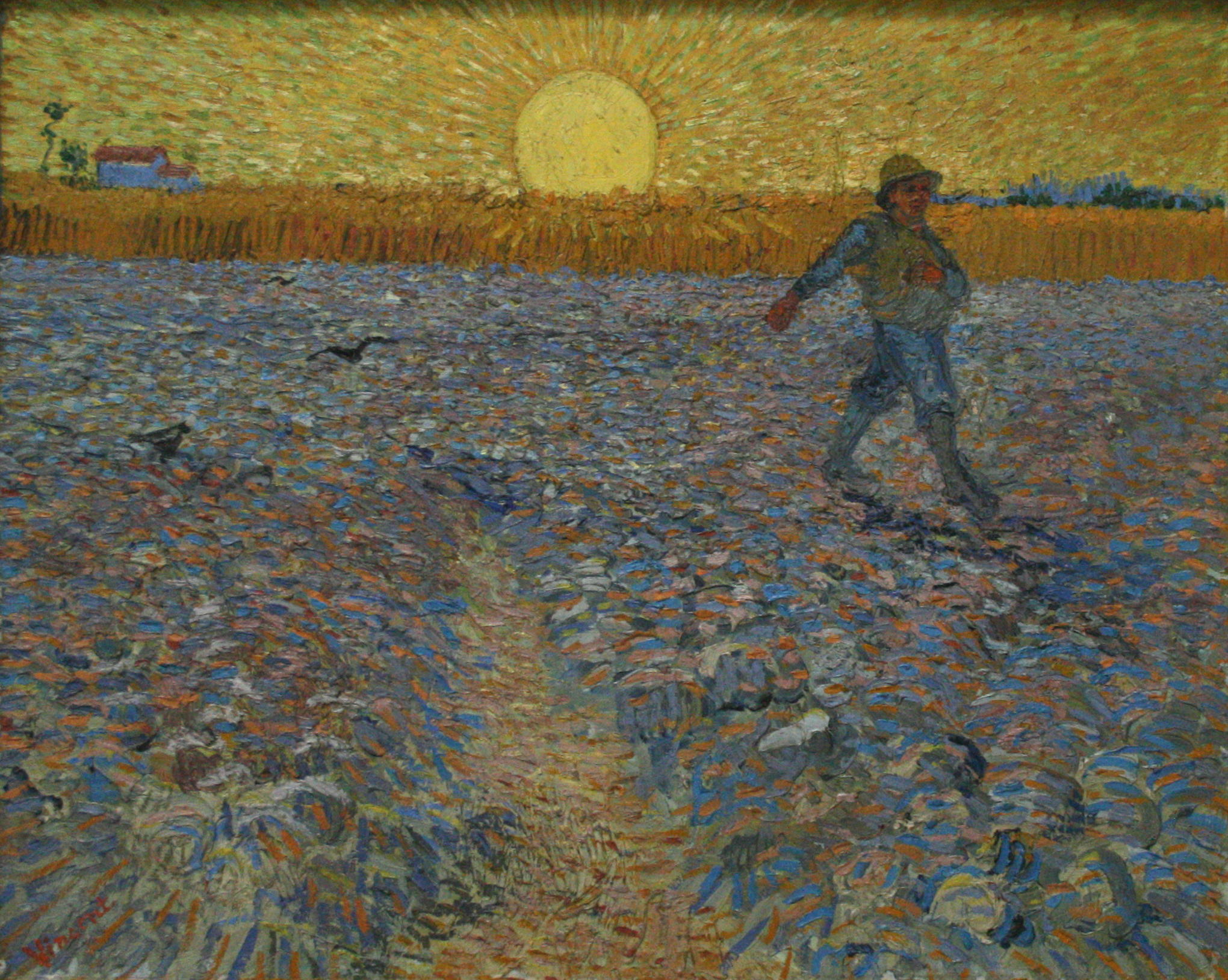Two more days
to finish twenty-nine pairs of white sailor pants for her church’s school
play. Twenty-five completed; only four more
and she would be done. Patty spent a lot
of her time volunteering, because her heart was filled by Jesus and she looked
for ways to serve. But there had been a
time when everything she did was because she was trying to earn God’s forgiveness.
Even though
Patty had been confirmed as a teen and regularly went to church, she understood
the law better than forgiveness. Her parents
had been strict and often told her that she was a sinful child and what her
punishment would be if she did not do better.
Patty’s
husband, Marty, expected her to make the decisions about church. Marty would share Bible stories with the
children and tell them that Jesus loved them, but he only accompanied the
family to church for special services.
Their marriage was struggling and their six-year-old was not doing well
in school. Patty prayed that God would
help her family be better so they would deserve his love and forgiveness. She prayed daily, asking God to forgive her
sins.
A few months
after they moved into their first house, neighbors brought over information
about a Summer Bible School to be held at the church across the street. The neighbors encouraged them to enroll the
children, and they spent some time talking about the joy of fellowship in
Jesus. They also left devotions and
meditations for Patty and Marty. Patty and Marty discussed enrolling the
children in the Summer Bible School; to Patty’s surprise, Marty wanted them to
go. The next day Patty called the
church to get the children enrolled.
The church secretary asked if Patty and her husband would like a visit
from one of the pastors. Patty set up a
time for the following week, but Marty wasn’t pleased about that. He asked Patty to cancel the pastor’s visit.
Summer Bible
School started and the children came home every day excited to share what they
had learned. Family meals became filled
with discussion about Jesus’ love for everyone.
While the children were at Bible School, Patty was spending time studying
the meditations and devotions left by the neighbors.
At the end of
that week, parents were invited to the Summer Bible School closing service followed by a
potluck dinner. As Patty made salad for
the potluck, she was thinking about a Bible verse she’d learned: “Therefore, there is now no condemnation for
those who are in Christ Jesus” (Romans 8:1). It was so clear that Jesus was telling her he
had always loved her. She had spent
several hours studying Luke 7:36-50, using one of the devotional items that was
in the materials from the neighbors. It
was during this devotional time that she realized her sins had been forgiven and
her faith was given by God. She could
not earn forgiveness.
Patty could
picture, in her mind, the sinful woman who had brought an alabaster jar of perfume
as a gift for Jesus. “As she stood behind him at his feet
weeping, she began to wet his feet with her tears. Then she wiped them with her
hair, kissed them and poured perfume on them” (Luke 7:38). The sinful woman’s love for Jesus flowed from
a forgiven heart. Jesus said to the woman,
“Your faith has saved you, go in peace”
(Luke 7:50).
Marty and Patty
went to the church service and the potluck dinner that followed. After the meal and fellowship, when everyone
was helping to clean up, Marty and the pastor approached Patty to discuss
available times for the three of them to meet the following week. They decided to get together the following
Tuesday. Patty watched her husband walk
back to where the other men were stacking tables and folding chairs and said a
silent prayer of thanksgiving.
Patty used to
fear that Jesus did not love her. She now
knew she could never earn forgiveness; God simply gave it. She
and her husband joined the Bible study group at church. The children were
enrolled in the Christian Day School.
The family attended church weekly and took an active role in activities. Her love for Jesus and the joy and
thankfulness in knowing that her sins were forgiven were the reasons Patty loved
sharing her time, talents and treasures.
Faith had made it all possible – faith that came as a gift from from God.
Prayer:
The weight of our sin is more than we can bear. We praise you, Lord Jesus, for the forgiveness that we have through faith. May all our gifts be evidence of our love, based in faith in you, Jesus. Amen.
The weight of our sin is more than we can bear. We praise you, Lord Jesus, for the forgiveness that we have through faith. May all our gifts be evidence of our love, based in faith in you, Jesus. Amen.
Christina wrote this devotion in connection with
a course on Devotional Writing offered
through MLC Continuing Education.
a course on Devotional Writing offered
through MLC Continuing Education.







